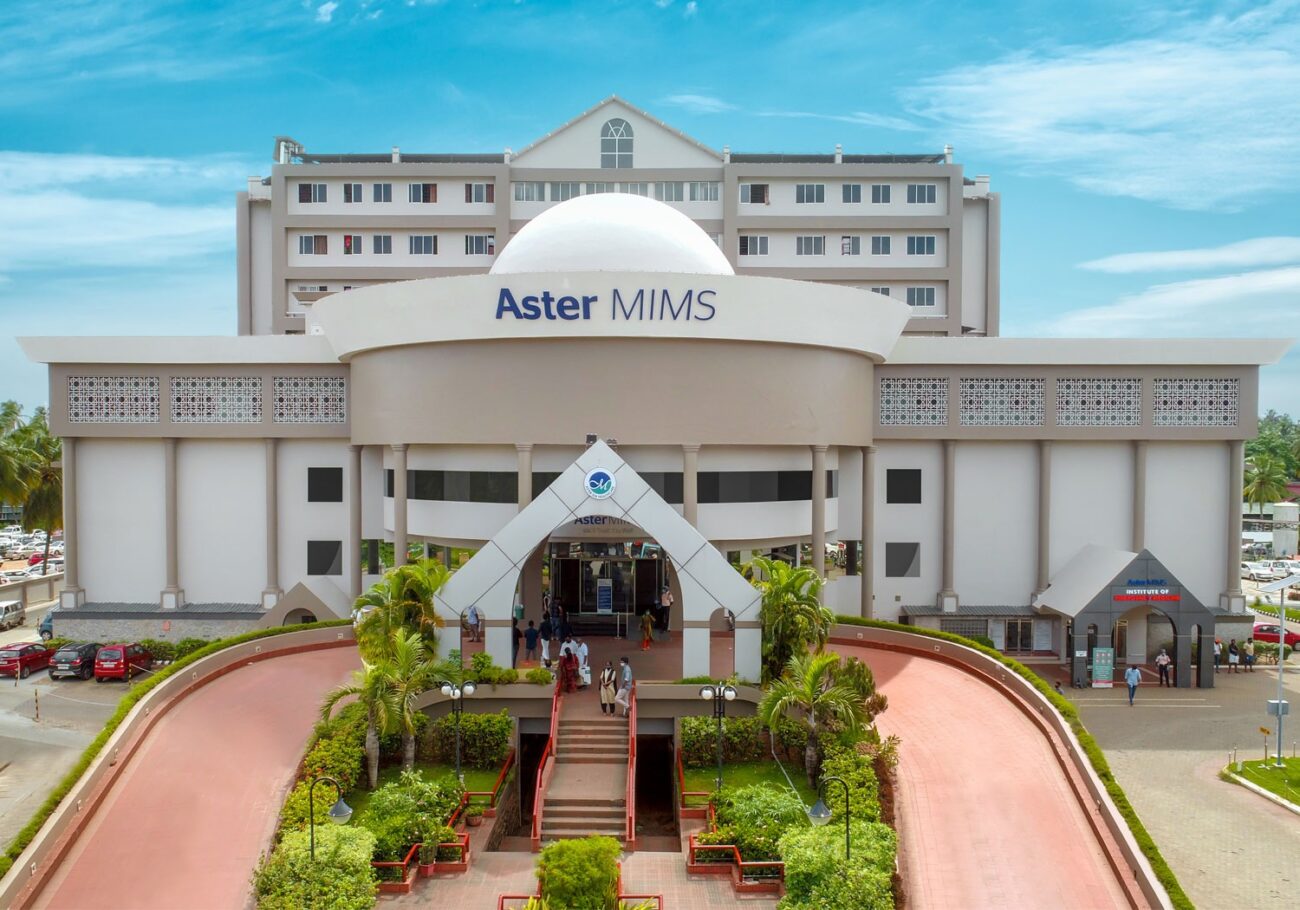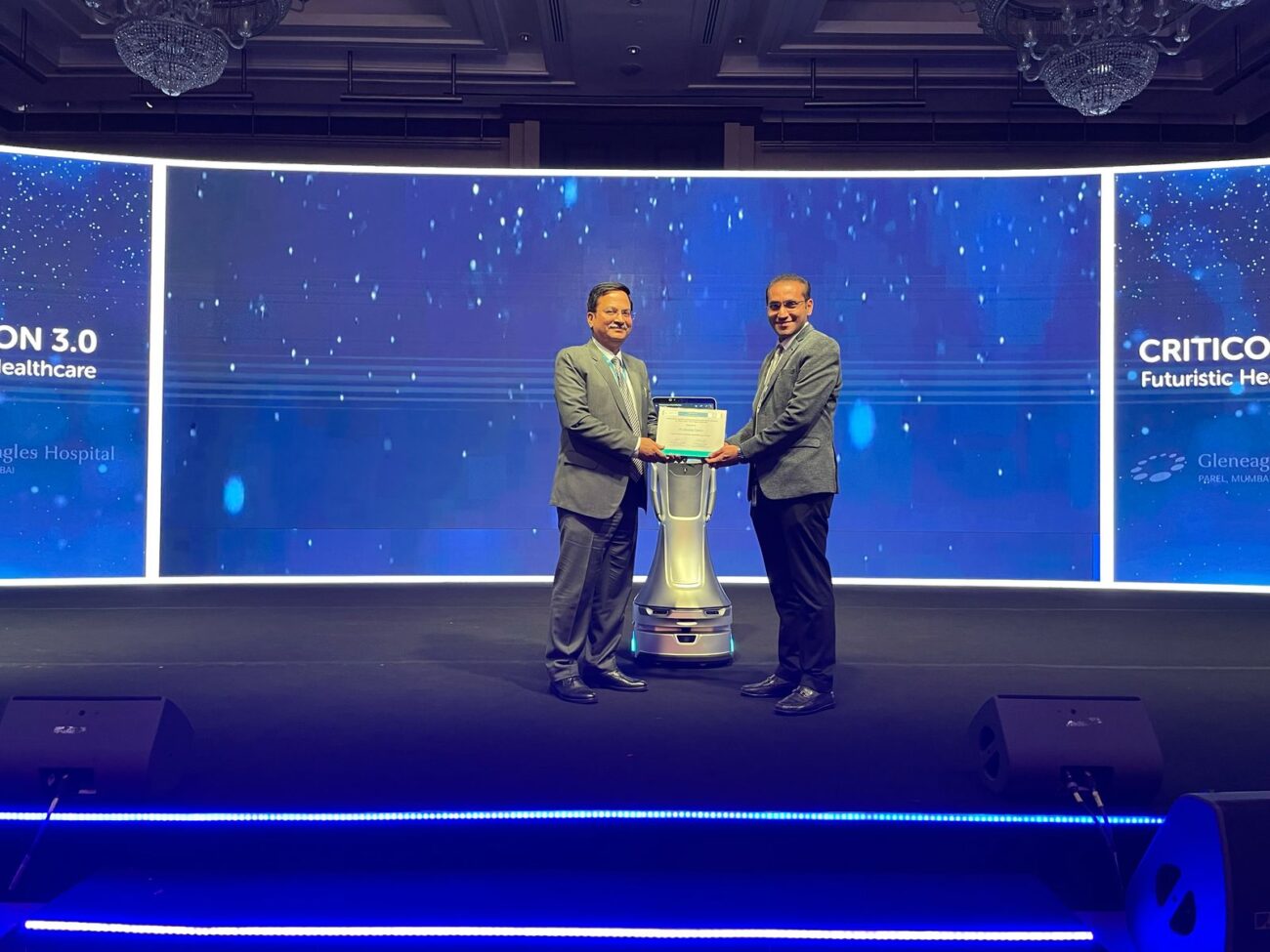Act on Alzheimer’s disease quickly and pre-empt its rapid progression
Dr Hema Krishna P (Consultant - Neurology and Movement Disorders), Aster CMI Hospital, Bangalore Alzheimer's disease is one of the commonest causes of dementia or memory loss in simple terms. The incidence of Alzheimer’s disease in

Dr Hema Krishna P (Consultant – Neurology and Movement Disorders), Aster CMI Hospital, Bangalore
Alzheimer’s disease is one of the commonest causes of dementia or memory loss in simple terms. The incidence of Alzheimer’s disease in India is growing steadily while it may not be alarming. The disease is affecting the elderly more, but it is also showing signs of increase in the younger population. According to studies, the disease is seen in over seven per cent of the population over 60 years and is expected to be present in over 80 lakh people in the country by 2030 and cross a crore by 2050. While it is necessary to grasp the extent of its spread in the population, it is important also to understand what the disease is, how it progresses, what its presence is among the elderly and the young and what measures can be taken to prevent its serious onset.
Alzheimer’s disease, we should know, is a progressive neurological disorder that is defined by the gradual loss or degeneration of brain cells, which leads to impairments in cognitive functions such as memory, reasoning, and the ability to perform routine tasks. This condition primarily affects the elderly, although it can also be present in younger individuals in its early-onset form. We have to watch out for early signs that often include memory loss, particularly difficulty in recalling recent events or conversations, which may be accompanied by confusion regarding time and place. As the disease advances, individuals may experience challenges in language, such as trouble finding the right words or following conversations, loosing track of routes or navigational difficulty, alterations in mood and personality, which can lead to increased anxiety, depression, or social withdrawal.
The diagnosis of Alzheimer’s disease involves a thorough evaluation of cognitive function and behavioral changes, typically conducted by doctors. It may include a detailed medical history, neurological examinations, and various cognitive tests to assess memory, problem-solving abilities, and language skills. In addition, brain imaging techniques such as MRI or CT scans may be used to rule out other potential causes of dementia and to observe any structural changes in the brain associated with the disease.
Management of this disease involves a comprehensive approach aimed at relieving symptoms and improving the quality of life for affected individuals. including pharmacological interventions, such as cholinesterase inhibitors and memantine. This should be coupled with cognitive behavioral therapy.
Given all these implications, it is important to take proactive measures to reduce the risk of developing Alzheimer’s disease. It is important to exercise regularly, maintain a balanced and nutritious diet and participate in cognitive activities that stimulate the brain. Also, managing your cardiovascular health by controlling blood pressure, cholesterol levels, and diabetes can significantly help prevent the onset of this neurodegenerative condition. By adopting these preventive strategies, individuals can enhance their overall cognitive resilience and potentially delay the progression of Alzheimer’s disease.
It is also crucial to understand that even the healthiest of people can develop the disease and it is important address the symptoms early on. While there have been many strategies to prevent the onset of the disease, the most recent methods are looking at the integration of Artificial Intelligence in medicine and ways in which this can be applied in treating Alzheimer’s disease. It is necessary to modernize medical administration in psychological-neurological based treatments to generate the best outcomes.
There are massive differences in availability of medical infrastructure between urban and rural areas in the country and hence there is need to upgrade the same to reach the maximum number of potential patients. The government and the industry need to act together and while there have been many initiatives, there is greater urgency for public private partnership in medical administration in India to address serious health problems like Alzheimer’s disease.






